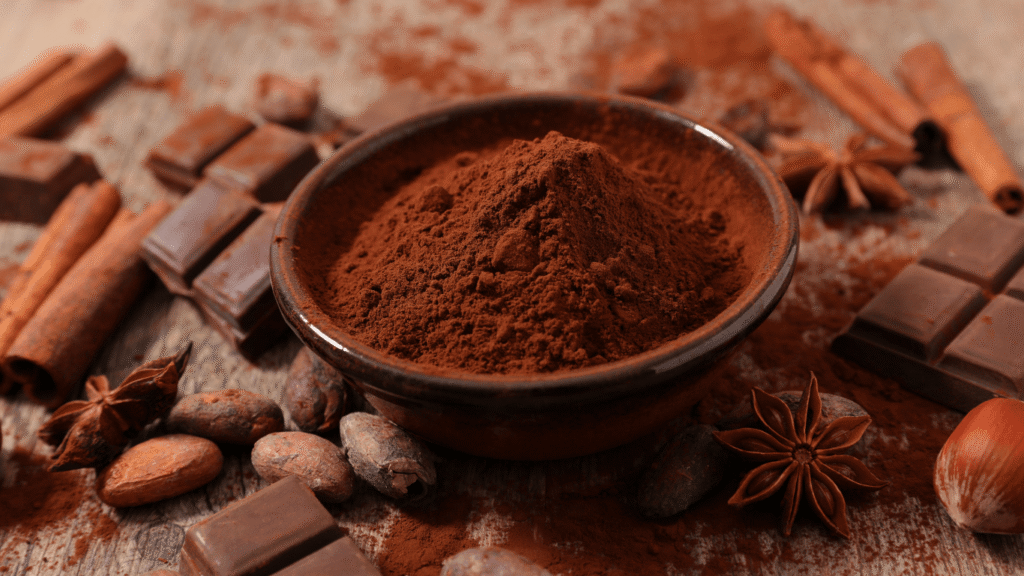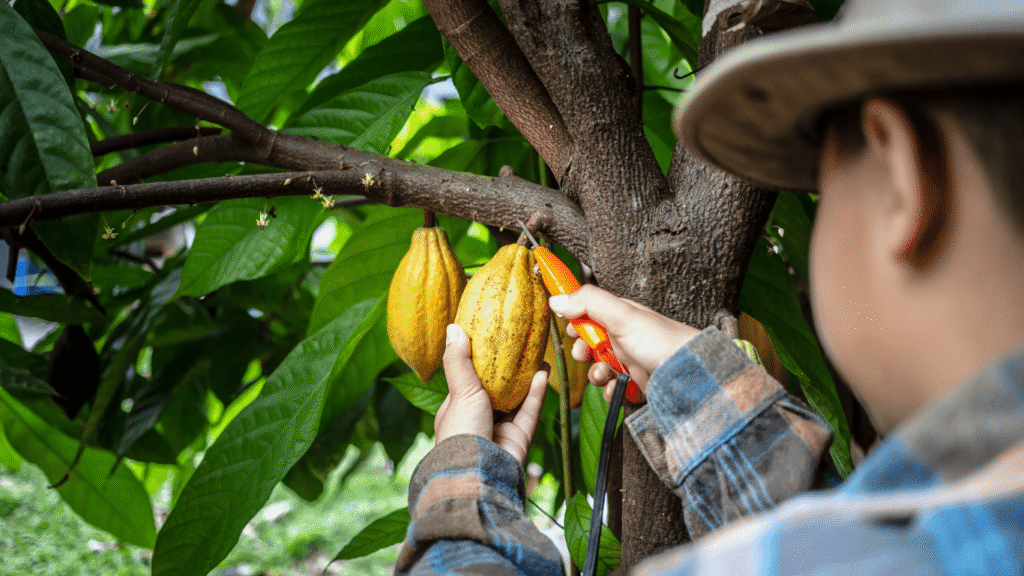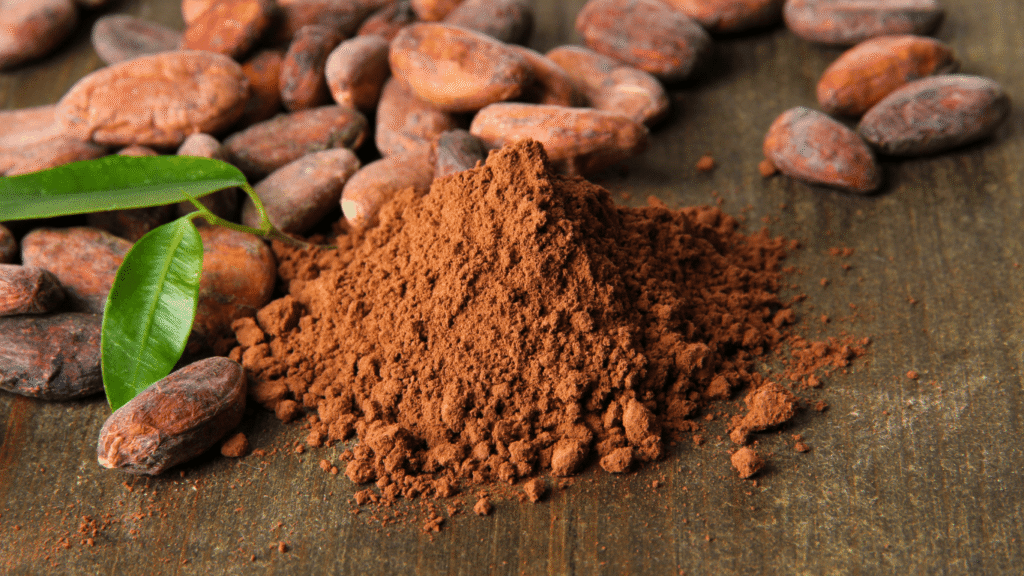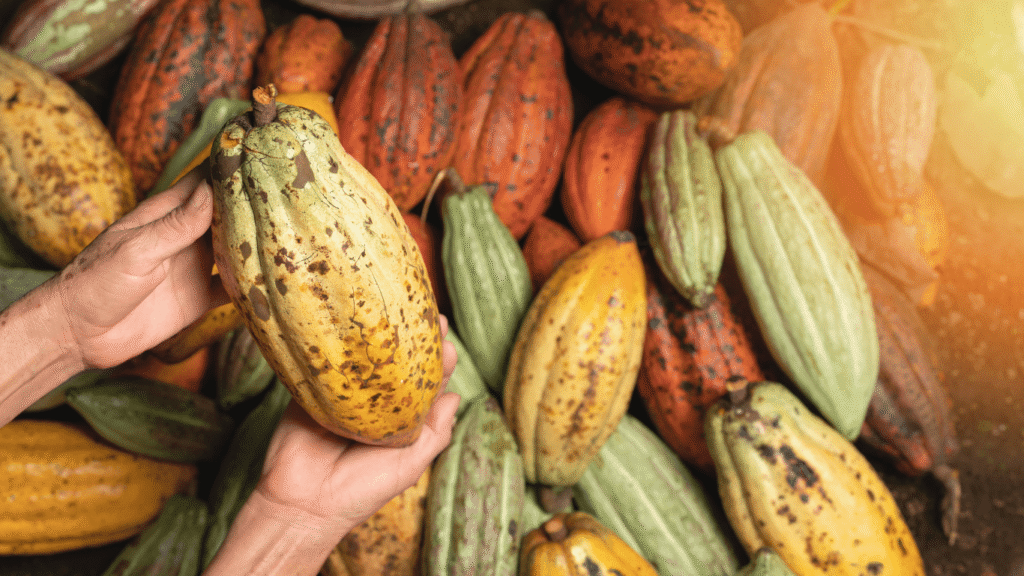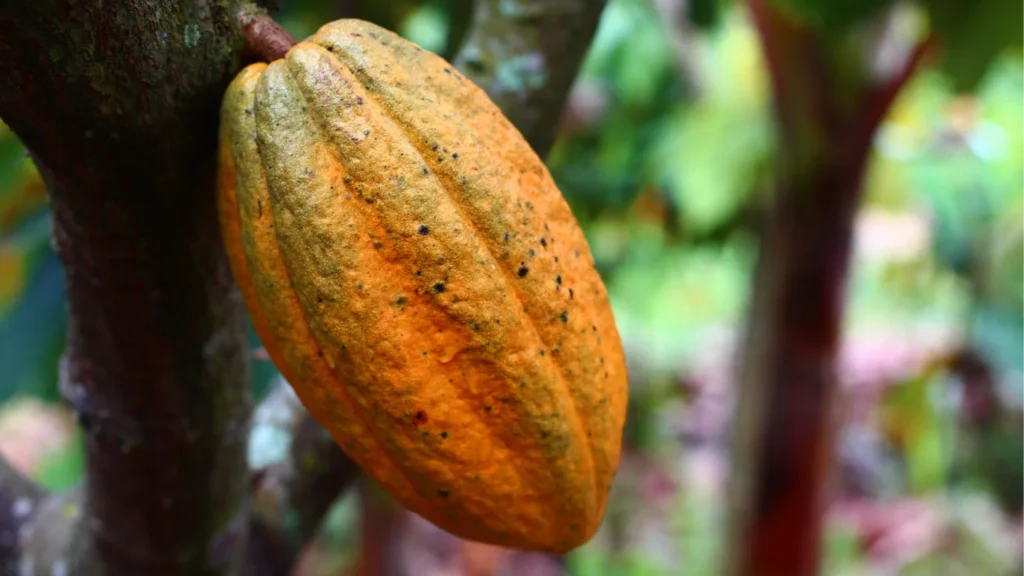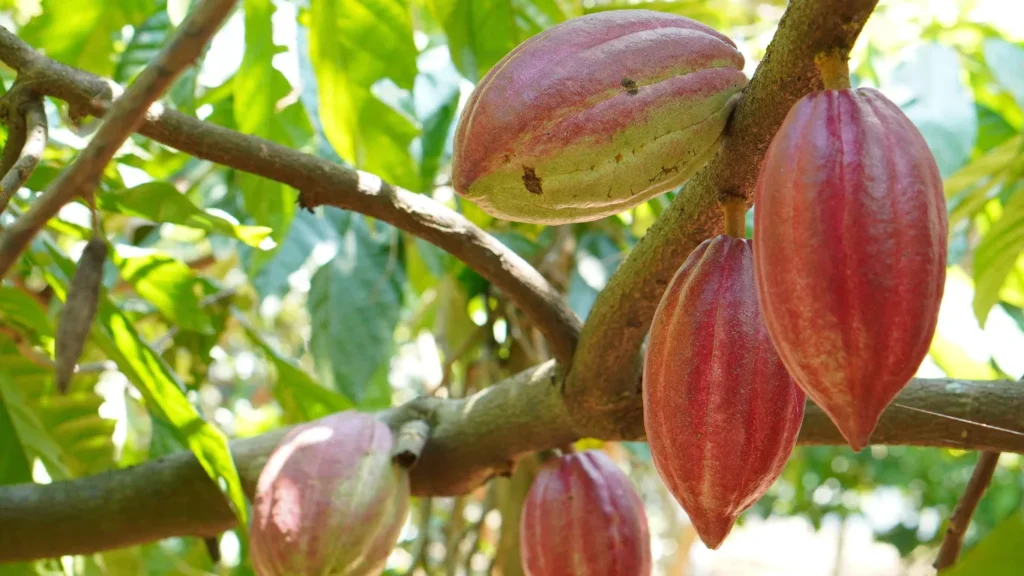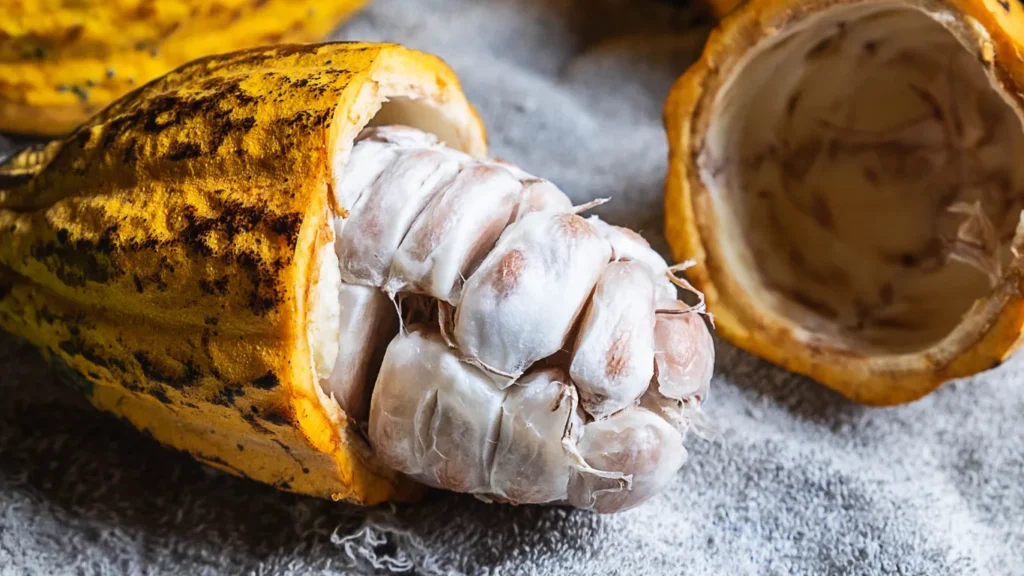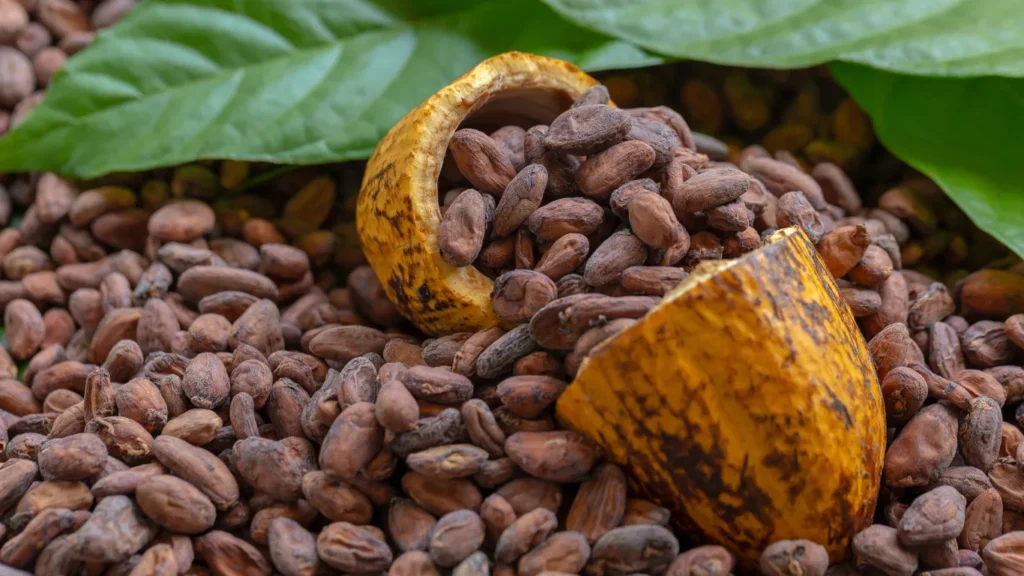Benefits of Alkalized Cocoa Powder for the Modern Food and Beverage Industry
Alkalized cocoa powder, also known as Dutch-processed cocoa, is becoming increasingly popular among food and beverage manufacturers. Through an alkalization process, the acidity of cocoa is reduced, resulting in a darker color, smoother flavor, and more balanced aroma.
For modern industries where product appearance, taste, and consistency are essential, alkalized cocoa powder offers significant advantages. This article highlights the major benefits of alkalized cocoa powder and why products from Indonesia are gaining high demand globally.
What Is Alkalized Cocoa Powder?
Alkalized cocoa powder is cocoa treated with alkali—commonly potassium carbonate—to reduce its acidity. This process changes:
- pH level from around 5.0 to 6.5–8.0
- Color to a deeper, darker shade
- Flavor to a smoother, less acidic profile
- Aroma to a more balanced scent
The result is a versatile cocoa powder suitable for a wide range of applications.
Key Benefits of Alkalized Cocoa Powder for Industry
- Darker and More Stable Color
Alkalized cocoa powder is known for its rich dark brown to blackish color. This is crucial for products such as:
- Cakes
- Brownies
- Chocolate ice cream
- Biscuits
- Premium chocolate beverages
Color stability is a significant advantage for mass production.
- Smoother, Less Acidic Flavor
The alkalization process removes sharp acidity, resulting in a smoother cocoa taste. Beverage manufacturers especially value this characteristic.
- Increased Solubility
Solubility is a major factor in instant beverage production. Alkalized cocoa powder:
- Dissolves more easily
- Forms fewer lumps
- Mixes well in both hot and cold liquids
This makes it ideal for premium chocolate drink mixes.
- More Consistent Results
With a stable pH level, manufacturers can achieve consistent color and flavor in every batch—an essential factor for large-scale production.
- Suitable for Multiple Industry Applications
Alkalized cocoa powder is used widely in:
- Bakery & pastry
- Chocolate drinks
- Ice cream and gelato
- Cereal and granola
- Snacks and confectionery
- Cocoa-flavored sauces
Why Industries Choose Indonesian Alkalized Cocoa Powder
- Stable Quality and Excellent Color
Many Indonesian suppliers, including Nusvara Cocoa, offer cocoa powder with stable color profiles that match international standards.
- High Production Capacity and Reliable Supply
Indonesia has a strong cocoa processing industry capable of supplying bulk buyers continuously.
- More Competitive Pricing
Compared to other cocoa-producing countries, Indonesian alkalized cocoa powder offers an attractive price-quality balance.
- Ready for International Markets
Indonesian suppliers typically provide:
- Halal certification
- HACCP
- GMP
- Complete COA
Making them ideal partners for global buyers.
Tips for Choosing the Right Alkalized Cocoa Powder
- Check the pH Range
Higher pH means darker color and milder flavor.
- Choose the Right Fat Content
- 10–12% for beverages
- 20–24% for bakery and confectionery
- Request Samples
Always test the powder for color, aroma, solubility, and taste.
- Work with an Experienced Export Supplier
Export documentation and logistics require expertise—choose suppliers with established export experience.
Alkalized cocoa powder offers tremendous advantages for the modern food and beverage industry, enhancing color, taste, and solubility. With strong production capabilities and competitive pricing, Indonesian suppliers like Nusvara Cocoa are becoming top choices for global manufacturers seeking high-quality cocoa ingredients.


